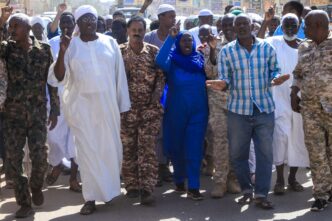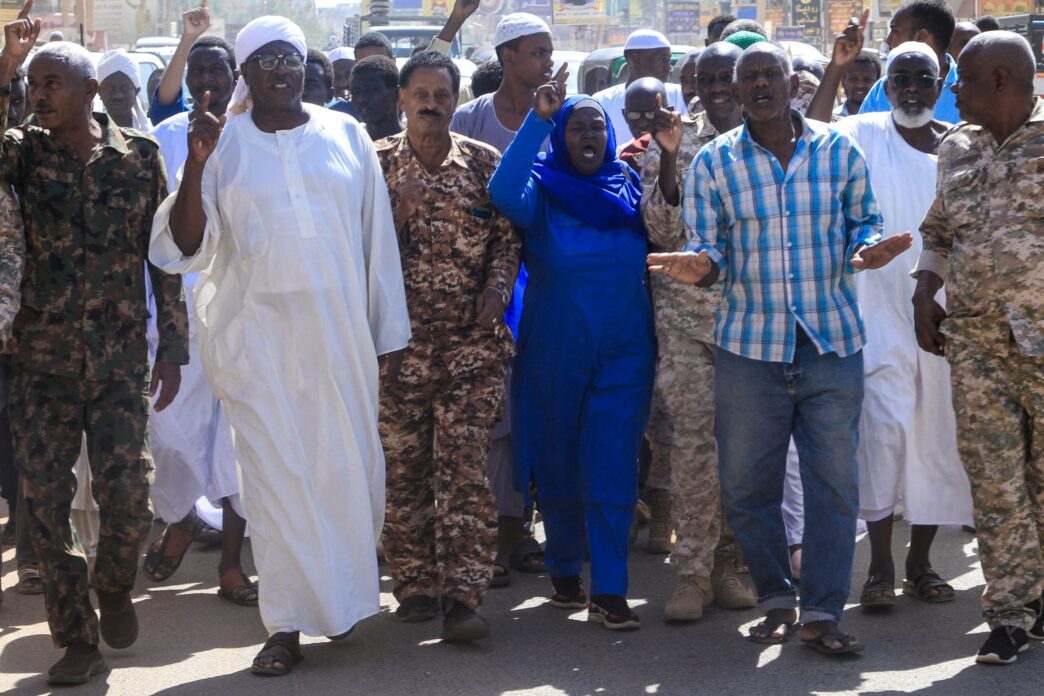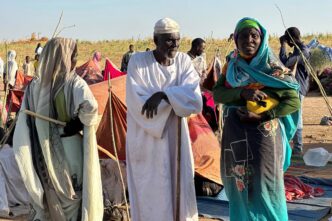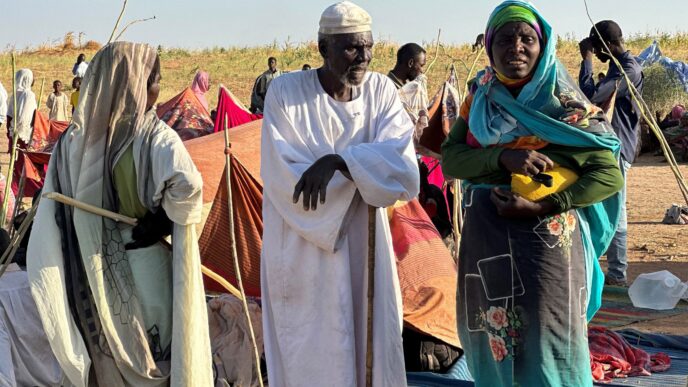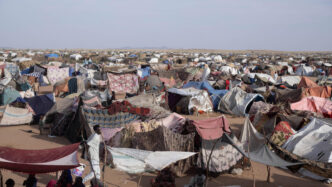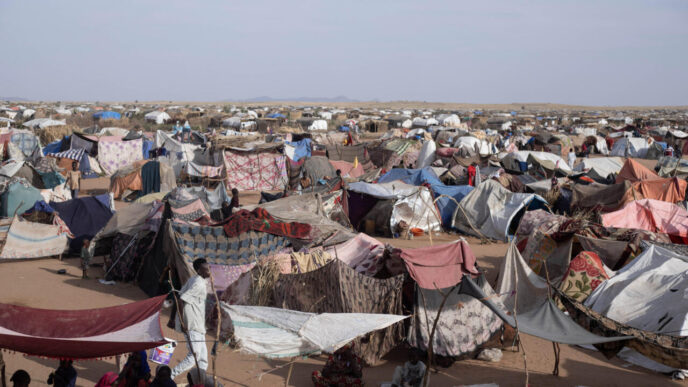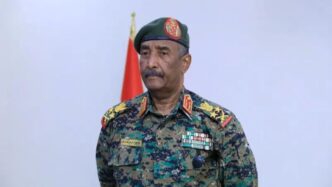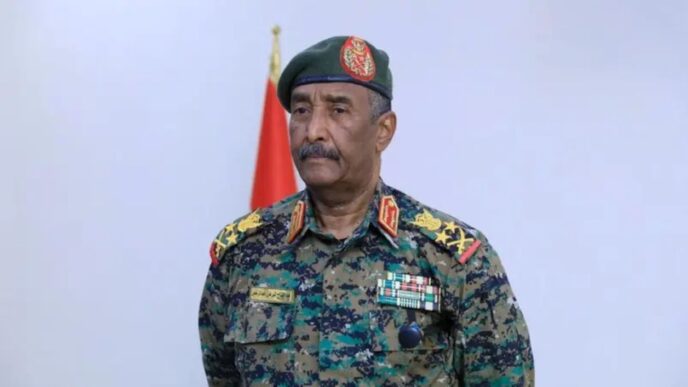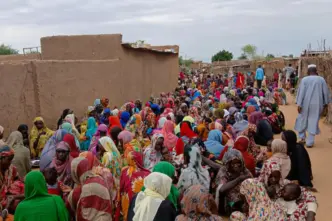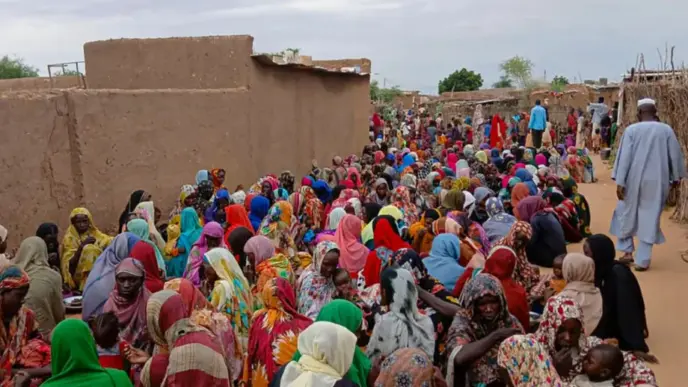Sudan’s Defence Minister, Hassan Kabroun, has insisted the army will continue its fight against the Rapid Support Forces (RSF) despite a proposed ceasefire put forward by the United States.
Speaking after the country’s security and defence council met in Khartoum on Tuesday, Kabroun thanked Washington for its efforts but made clear that military operations would persist, describing the conflict as a “legitimate national right”.
Details of the US truce proposal have not been publicly disclosed. However, the White House confirmed that the United States remains actively involved in diplomatic efforts to end the conflict alongside Egypt, Saudi Arabia and the United Arab Emirates. Washington acknowledged the challenges of achieving a peace agreement given the complexity of the situation on the ground.
The Sudanese authorities previously rejected an initiative by the same quartet of nations, known as the Quad, which suggested both the army and the RSF should be excluded from a transitional political process. This latest development comes amid escalating violence as RSF fighters appear to shift their campaign towards the central Kordofan region, following their capture of El-Fasher, the final army-controlled city in Darfur.
Civilians fleeing El-Fasher have reported intimidation and abuse by paramilitary forces. One man recounted being forced to hand over valuables to RSF fighters and described the disturbing sight of a body left in the street on his journey westward.
Diplomatic engagement has intensified, with Donald Trump’s envoy to Africa, Massad Boulos, holding talks in Cairo and with the Arab League earlier this week. Regional leaders stressed the urgent need for a nationwide humanitarian truce and the resumption of political negotiations.
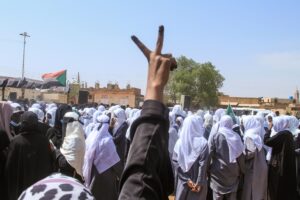
Reports from El-Fasher have prompted alarm from the International Criminal Court, which warned that alleged mass killings, sexual violence and kidnappings may constitute war crimes and crimes against humanity. UN Secretary-General Antonio Guterres has urged both sides to return to negotiations and halt the bloodshed.
In Khartoum, children joined protests against the RSF, carrying signs pleading for the protection of civilians, particularly women and children. Both sides of the conflict have been accused of severe human rights violations, while foreign involvement has further complicated the war. The RSF has been linked to alleged arms support from the UAE, accusations the Emirati authorities deny, while the army is believed to have received backing from Egypt, Saudi Arabia, Turkey and Iran.
The fall of El-Fasher means the RSF now control all state capitals in Darfur, raising fears that Sudan could split along regional lines, with paramilitaries dominating the west and south while the army maintains control over the north, east and central areas. The war, now stretching beyond two years, has already claimed tens of thousands of lives and displaced millions, pushing Sudan into one of the world’s worst humanitarian crises.


 Trending
Trending 
